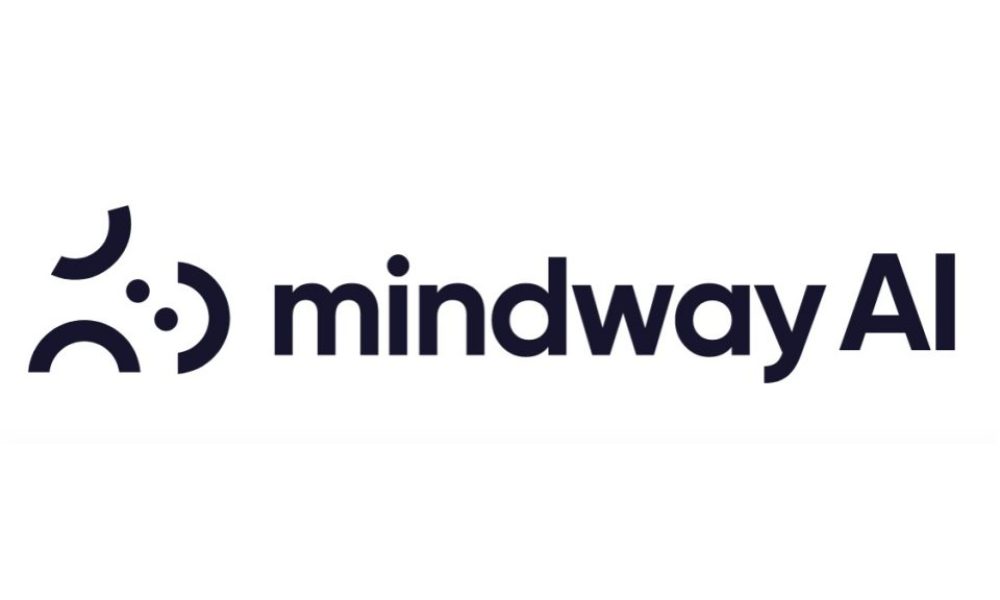Trying to define the gaming industry’s problem gambling landscape is akin to trying to describe to a blind person how the sky looks. During Thursday’s Mindway AI-sponsored webinar “Beyond the Month: Sustained Policy Impact on Problem Gambling,” panelists agreed that there’s no single answer.
“It’s a matter of trying to clarify this problematic gambling behavior. I think there’s always things that can be improved,” said Mindway AI CEO Rasmus Kjaergaard. “And the regulatory landscape, as I see it, this is different depending on where you look.”
As the gambling landscape in the United States continues to expand and evolve, the issue of responsible gaming becomes increasingly important for those who work in the space. But moderator Brianne Doura-Schawohl, a responsible gaming expert who runs her own consulting firm, says there are still pockets of resistance.
“There is this overwhelming belief right now by industry and other stakeholders that all of these measures, whether we’re talking about problem or responsible gambling policies or earlier interventions, are intruding on sustainability of players or business models,” Doura-Schawohl said. “I hear this a lot. There’s this belief that good problem and responsible gambling policy means stifling a business innovation here (in the United States).”
Mark Vander Linden, the Massachusetts Gaming Commission’s Director of Research and Responsible Gaming, noted that he has been supported in responsible gaming efforts, noting that a commissioner once told him that problem gamblers needed to be removed from casinos. But he recognizes that might not be the universal view.
“My first and primary interest is not necessarily the bottom line of gambling revenue,” Vander Linden said. “Mine is that people are cared for and taken care of. And it doesn’t deny the fact that there’s gaming revenue, and there’s taxes that come from this, and there’s a desire to have businesses that are successful and thriving in the Commonwealth of Massachusetts.
“And as I’ve moved through, you really start talking about sustainability. That’s the second that somebody is on a voluntary self-exclusion list, that is no longer somebody who is gambling. Then there’s the other side of this sustainability. People who feel good about their gambling, the amount of money that they’re able to spend gambling, it’s far more about sustainability. So, both are true. I don’t really care. I just want people to be cared for.”
Kjaergaard said responsible gambling programs should be viewed in the same manner as anti-crash systems on airplanes or lane tracking assistance monitors on cars. They might not be needed by most gambling customers, but responsible gaming programs provide much needed help for those in need.
“The vast majority … is at low or no risk in terms of the gambling behavior,” Kjaergaard said. “We should not bother them with more than general market awareness. But the very few percent, the needle in the haystack, who show signs of adverse problems should get the help at soon as possible to avoid them spinning more out of control.”
According to Thomas Simcock, principal analyst for Vixio Regulatory Intelligence, another issue facing problem gamblers is mental health. According to Simcock, most problem gamblers have a mental health issue.
“Therefore, to see it purely as a gambling issue seems to be missing a major piece of the puzzle,” Simcock said, “in that there has to be a public health approach as well if those mental health disorders are part of what’s causing the problem gambling.”
Also lurking on the horizon of problem gambling issues is an increased awareness of unregulated markets. Those operators usually have no responsible gaming programs to help problem gamblers.
What can be done for that segment of population that gravitates to unlicensed sites?
“The easiest way to help the people going to unlicensed operators it to stop them from going there in the first place,” Simcock said. “If you keep the regulated operators attractive to players with your approach to identifying players with gambling problems, gambling behaviors, then you can avoid the fear that the industry has that you’re pushing players to unregulated markets.”



